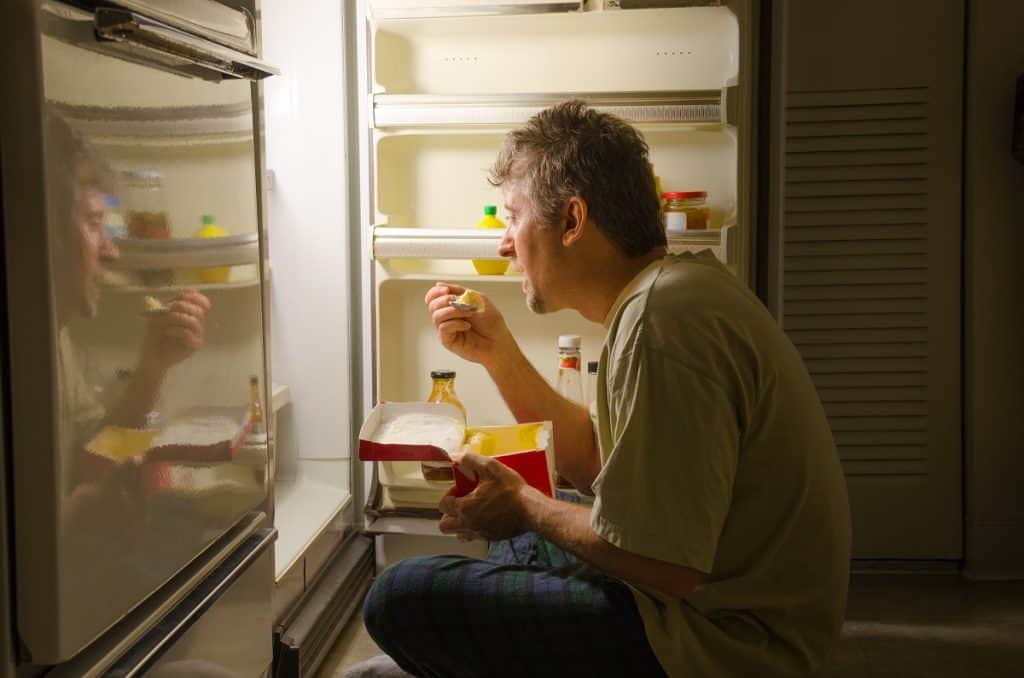Relapsing may be a common occurrence during eating disorder recovery, but that doesn’t mean you can’t do anything to prevent it. Recovering from an eating disorder is a tough process. Sometimes, patients can relapse and go back to their old ways of restricting, binge eating, or purging. However, that doesn’t mean they have failed. Just like other types of recovery, relapsing can just be a hurdle in the journey. Preventing an eating disorder relapse can be challenging, but there are ways to make it possible. Here are some of them:
1. Establish a support system
Part of a binge eating recovery plan or any eating disorder treatment is having a reliable support system. A support system can include your family, close friends, medical staff, or a support group. These people can help you in times of need, especially when you feel that you are about to relapse.
2. Understand what triggers you
Identifying and understanding your triggers is one of the pinnacles of eating disorder recovery. With your treatment provider, find out what objects, places, people, or situations trigger you to engage in ED activities. By doing this, you will be more capable of avoiding triggers as you progress through recovery.
3. Remove triggers from your house
 During your road to recovery, the place you will probably spend the most time in is your house. And if your home is full of triggers, preventing relapse can prove to be much more difficult.
During your road to recovery, the place you will probably spend the most time in is your house. And if your home is full of triggers, preventing relapse can prove to be much more difficult.
Take a look around your house and search for items that may hinder you from recovering successfully, such as beauty magazines, pictures, clothes, your weighing scale, or diet books; anything that you think can trigger your ED. Throw them in the trash or give them away. The fewer triggers you have at home, the better you can manage your recovery.
4. Work closely with professionals
The road to eating disorder recovery is not something you want to tackle alone; your medical professionals are there for a reason. While recovering from your eating disorder, make sure you check in with your psychologist, nutritionist, physician, and any other medical staff regularly. They will be the first ones to recognize signs of a relapse, if there are any, and will have the most expertise to help you prevent it.
5. Develop healthy coping mechanisms
It’s impossible not to encounter triggers at some point in your recovery, but you can prevent these triggers from leading to relapse by developing healthy coping mechanisms. These are effective for you and might take a bit of trial and error, but it’s a necessary part of preventing relapse. For example, if you encounter a trigger, you can do a quick meditation regimen until the negative feeling passes. You can also go on a walk around the block for fresh air. There are lots of ways you can cope with a trigger; you just have to find the ones that work best for you.
If you are recovering from an eating disorder, these recommendations could be your best options. Remember that recovery is not a straight path and there is no shame in reaching out to your support system whenever you feel overwhelmed.




